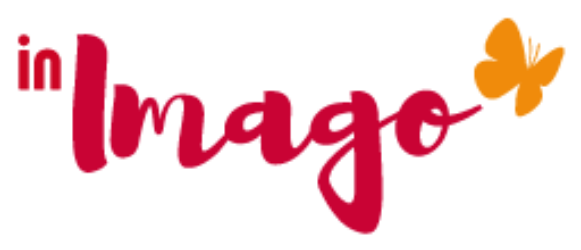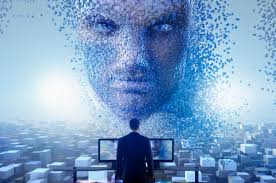The Digital Factory is an X.0 company. It has transformed its processes to integrate digital as a production model within it. It deploys autonomy in its information systems, profoundly modifying the relationship to work.
Digital Factory is a 4.O. company, an X.0 company
The Digital Factory is in terms of vocabulary:
1-Digital
2- Factory
3- Enterprise X.0 to allocate resources more quickly using all technologies and meet market demands.
Industry 4.0 is the preamble to enterprise X.0. The X.0 company converges the virtual world with real world products and objects by promoting the evolution of organizations.
Better integrated into the operational needs of companies, the digital factory is gradually replacing the Digital Lab, whose main objective: facilitate the collection of internal and external ideas with a view to experimenting them in order to make companies evolve towards a new product, a new market, a new organizational model.
Digital Factory: a human stake?
The gap between the skills of each is more quickly visible in a Digital Factory. Therefore, it is essential that the digital transformation be brought to all levels of the company by the implementation of an open adaptive culture allowing everyone to find their place in this new world halfway between the virtual and the real.

Digital Factory: an asset of digital transformation?
The Digital Factory is a factory whose main mission is to integrate digital innovations to make manufacturing processes work.

Digital Factory: an organizational issue?
See the various articles on this blog on developments in strategic management. The challenges of a Digital Factory are also and perhaps above all in the ability to transform the organization and mentalities to transform the DNA of the company.
First steps
Very often the first step of the Digital Factory went through the creation of the company lab to relearn how to move from the idea to the realization.
The Digital Lab is designed to foster innovation in a business. Its implementation makes it possible in particular to free oneself initially from the information systems in place.
The Digital Lab makes it possible to respond to 6 current challenges to unleash potential by facilitating the emergence of a space:
1- prospective,
2- agility and incubation,
3- open innovation,
4- facilitation,
5- acculturation and
6- creation and continuous learning.
Digital Factory : a few examples
Hilti, step by step, is transforming its business model by providing its customers with high quality construction equipment with the management tools needed to plan, design, construct and manage buildings and infrastructure more efficiently. Thus, it fully integrates the customer journey into a global technological offer.
Schneider Electric integrates digital in its factories and its management committee by first changing mentalities internally and then by putting its newly acquired know-how in energy efficiency management to its customers.
Renault chooses halfway between the digital laboratory and the digital factory by creating a transversal start-up to integrate software development. Software development is seen as a key resource but does not include digital in its business model. This model has yet to show its robustness and intensifies the resistance between the traditional profession of the automobile and the automobile as a connected object.
Total is creating a space that brings together, in a single structure, the Group’s digital expertise and offers a strike force of 300 experts at the disposal of the businesses to accelerate the transition from the idea to deployment in the field in 8 months maximum (transfer liability included).
Author : Dominique popiolek-Ollé, Transmutation leader, Agile Executive Coach, Founder of In Imago, management consulting and disruptive transformation.

